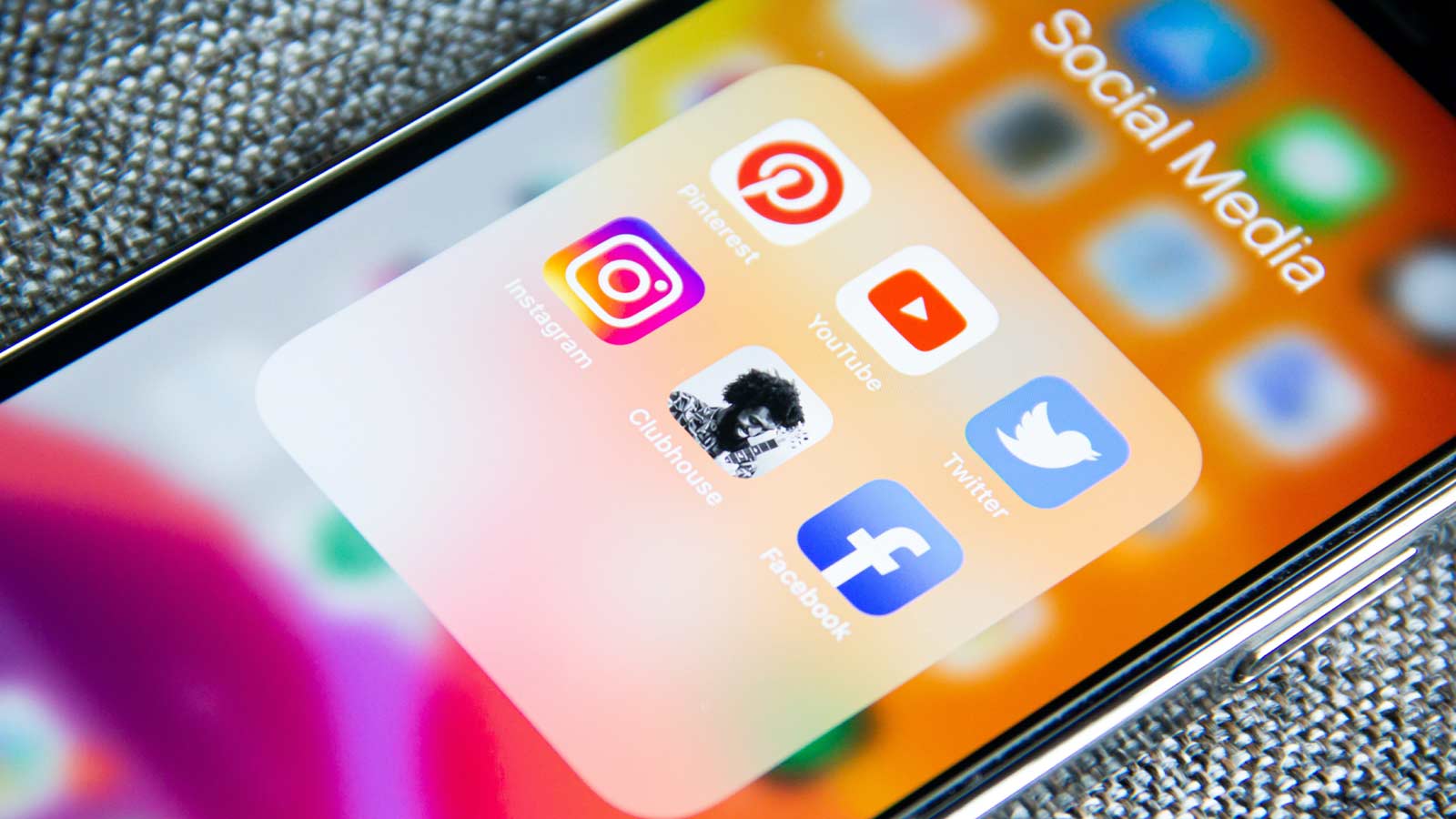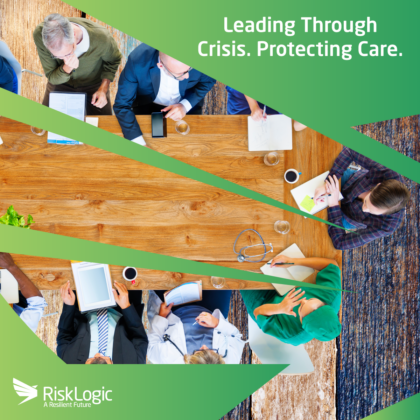-
Url copied to clipboard.
It astounds me that so many businesses still don’t grasp the importance of using social media as a critical communication tool to both listen and talk to their stakeholders in a crisis situation.
Either they still don’t understand social media (umm…..it has been around for more than a decade), or they are simply too scared to use it (possibly fearing a pile on).
The simple fact is, the community will pummel you on social media regardless of your lack of engagement. And then a second time because of it.
I also question why businesses do the right thing by providing a media interview or statement, but then fail to post it on their own website. Why wouldn’t you publish your message where everyone can read it, in full and unfiltered, rather than relying on the media to tell your story?
During this year’s ski season, a chair fell off the Gunbarrel Express chairlift at Thredbo Ski Resort. Luckily the single passenger on board suffered minor bruising only. Which was extremely lucky.
Thredbo put out a media statement to say it was caused by “a freak gust of wind”. They did the right thing by posting the statement on their Facebook page, but then totally ignored the 470+ comments that followed, and the hundreds more on Twitter and other online ski forums.
Many of these comments seriously questioned the safety of Thredbo’s lifts, including a very nervous passenger who witnessed the incident from the discomfort of the following chair:
This post had a very sensible suggestion. It should have been one of Thredbo’s key messages:
Not engaging on social media in a crisis is a serious blind spot.
If a communications advisor doesn’t include social media as an integral listening and response channel in a crisis communications response, you need to find someone else for the job.
Although in defence of communications professionals, sometimes executives or members of a crisis management team think they are more qualified in communications and overrule recommendations to engage.
In that case, they get what they deserve.
One of my favourite mantras in crisis communications is: “In the absence of information, people automatically assume the worst”
It is basic human psychology, the power of which should never be underestimated in a crisis.




